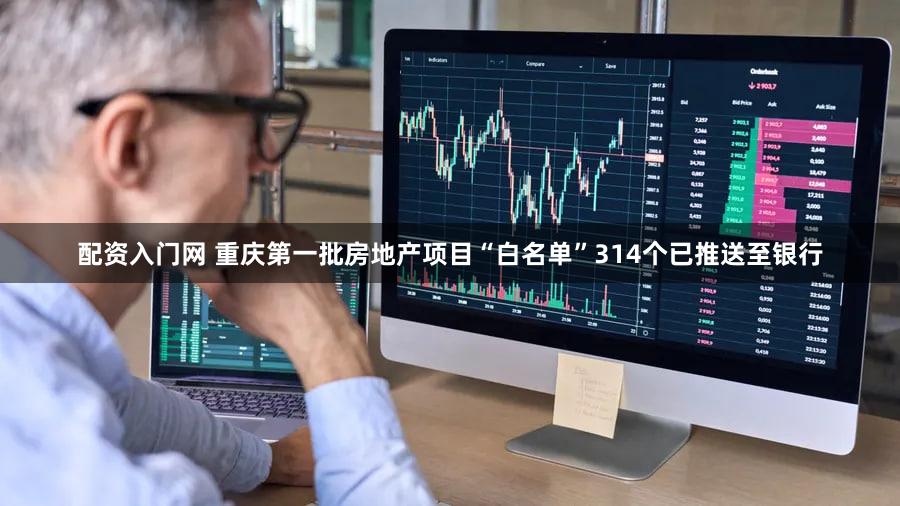
Real-Time Stock Financing Platforms: Do They Offer Trading Education?
Meta Description: Discover if real-time stock financing platforms provide trading education, explore the benefits and risks of leveraging funds, and learn how to choose a reputable platform. Learn about crucial aspects of trading education, including risk management and platform features.
Headline: Level Up Your Trading Game: Get the Inside Scoop on Stock Financing Platforms and Their Training!
Imagine this: you’re ready to dive into the exciting world of stock trading, but your capital is limited. You've heard whispers about real-time stock financing platforms, places where you can leverage your funds to potentially amplify your gains. Sounds tempting, right? But there’s a catch: navigating this landscape requires careful consideration, not just of the financial risks involved, but also of your own trading knowledge. Are these platforms just offering you a loan, or are they actually providing the crucial support you need to succeed? That's the million-dollar question, and one we'll tackle head-on in this in-depth exploration of real-time stock financing platforms and the trading education they offer (or don't). We'll delve into the intricacies of leverage, explore the various types of educational resources available, and arm you with the knowledge you need to make informed decisions. We’ll even uncover some insider secrets – things you won't find in the glossy brochures! Forget the hype; let's get down to the brass tacks and discover whether these platforms are genuinely invested in your trading success, or whether they're just looking to profit from your participation. Prepare to be surprised – and empowered – by what we uncover. This isn’t just another financial article; it's your roadmap to making smarter, safer, and more profitable trading decisions. Buckle up – it’s going to be a wild ride!
Real-Time Stock Financing Platforms: Education Offerings
So, do real-time stock financing platforms offer trading education? The short answer is: it depends. While some platforms actively promote educational resources, others focus solely on providing the financing itself. Think of it like this: some car dealerships offer driving lessons, while others just sell you the car and leave you to figure it out. The same principle applies here.
Let's break it down:
-
Some platforms offer comprehensive training: This might include webinars, tutorials, trading simulations (often using demo accounts), and even personalized mentorship programs. These are often geared towards beginners, providing a foundation in fundamental and technical analysis, risk management techniques, and trading psychology. Wow, that's a lot!
-
Others provide limited resources: This might consist of basic FAQs, glossaries of trading terms, or links to external educational websites. It’s helpful, sure, but not exactly a full-fledged training program.
-
Many offer no formal training: Their focus is purely on facilitating the loan, leaving you to learn the ropes on your own. This is a high-risk approach, especially for novice traders.
It's crucial to thoroughly research any platform before signing up. Look for transparent information regarding their educational offerings. Don't be afraid to contact customer support and ask direct questions about their training programs – a reputable platform will be happy to provide details.
Understanding the Risks and Rewards of Leveraged Trading
Before we dive deeper into the educational aspects, let's address the elephant in the room: leverage. Real-time stock financing magnifies both profits and losses. While it can potentially boost your returns, it significantly increases your risk. A small market movement against your position can wipe out your entire investment – and then some. Ouch!
Think of it like this: leveraging your trading capital is akin to using a powerful tool – a chainsaw, perhaps. A chainsaw can fell a tree quickly and efficiently, but in unskilled hands, it's a recipe for disaster. Similarly, leverage can be incredibly effective, but only when used with proper knowledge and caution.
Here's a table summarizing the risks and rewards:
| Feature | Reward | Risk | |-----------------|---------------------------------------------|----------------------------------------------| | Leverage | Amplified profits | Amplified losses | | Increased Capital | Access to larger trading positions | Higher potential for margin calls | | Speed | Faster execution of trades | Less time for careful consideration | | Market Volatility | Potential for rapid gains in bullish markets | Potential for significant losses in bearish markets |
Remember, risk management is paramount when using leverage. Understanding concepts like stop-loss orders and position sizing is absolutely critical.
Key Features to Look For in a Reputable Platform
Choosing the right real-time stock financing platform is crucial. Here's what to look for:
-
Regulatory Compliance: Ensure the platform is licensed and regulated by relevant authorities. This provides a layer of protection for your funds.
在线炒股杠杆配资公司 -
Transparent Fees: Understand all fees and charges associated with the platform's services. Hidden fees can quickly erode your profits.
-
Customer Support: A responsive and helpful customer support team is invaluable, especially when things go wrong.
-
Security Measures: The platform should have robust security measures in place to protect your personal and financial information.
-
Educational Resources: As we've discussed, the availability of comprehensive trading education is a significant advantage.
-
Trading Platform Features: A user-friendly and feature-rich trading platform enhances the overall trading experience.
Choosing the Right Platform for Your Needs
The best platform for you will depend on your trading experience, risk tolerance, and financial goals. Beginners should prioritize platforms offering robust educational resources and lower leverage options. Experienced traders might opt for platforms with more advanced features and higher leverage capabilities. Always start with a demo account to test the platform and its tools before committing real funds.
Frequently Asked Questions (FAQ)
Q1: Are there any age restrictions for using real-time stock financing platforms?
A1: Yes, most platforms require users to be of legal age to enter into financial contracts in their respective jurisdictions. This is usually 18 years old, but can vary by location.
Q2: Can I use these platforms for options trading?
A2: It depends on the platform. Some platforms support options trading, while others may not. Check the platform's terms and conditions for details.
Q3: What happens if I can't meet a margin call?
A3: If you can't meet a margin call (where the platform requires you to deposit more funds to maintain your position), your positions may be liquidated to cover your losses. This can result in significant financial setbacks.
Q4: How do I choose the right level of leverage?
A4: The appropriate level of leverage depends on your experience and risk tolerance. Beginners should start with lower leverage ratios, while experienced traders might use higher ratios. Always remember that higher leverage amplifies both profits and losses.
Q5: Are there any hidden fees I should be aware of?
A5: Yes, some platforms might have hidden fees, such as inactivity fees or rollover fees. Carefully review the platform's fee schedule before signing up.
Q6: What kind of support can I expect from these platforms?
A6: Reputable platforms offer various support channels, such as phone, email, and live chat. They should also provide comprehensive FAQs and tutorials.
Conclusion
Real-time stock financing platforms can be powerful tools for traders, but they come with significant risks. The availability of trading education varies greatly between platforms. Before you leap into leveraged trading, thoroughly research potential platforms, focusing on their regulatory compliance, fee structure, educational resources, and security measures. Remember, knowledge is power – invest in your education and approach leveraged trading with caution and a well-defined strategy. Don't just chase the quick buck; build a solid foundation for long-term success in the dynamic world of stock trading.
文章为作者独立观点,不代表财盛证券观点






